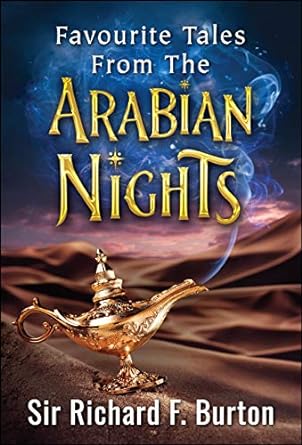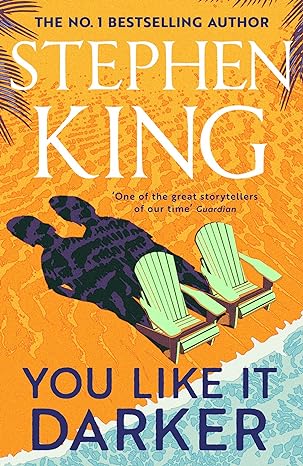
Favourite Tales from the Arabian Nights
King Shahryar was known for his lust, and when his eyes befell the gorgeous Scheherazade, all thought the girl was lost to his hunger. However, Scheherazade hatched a plan which imprinted her name in eternity as one of the greatest legendary storytellers of all time. She proposed telling Shahryar stories, and the curious ruler agreed, though impatient to make love to her. He listened, and as soon she had his attention, Scheherazade stopped the story, promising to continue the next night. Curious to know what happened next, the ruler left her untouched. The woman's plan continued for 1001 nights, and engulfed Shahryar in a series of stories which mixed all the magic and mystery of Arabia. These stories have entered fairy tale mythos everywhere, and brought characters as vivid as Aladdin and the Genie, Sinbad the Sailor and Ali Baba and the Forty Thieves to readers everywhere. In these stories, readers are whisked away to a land of promise, of magic carpets and turban wearing Arabs in a time long ago. Revisit the deserts of Arabia and be mystified as characters drag you into their illusions of yesteryears, night after night, for all nights to come. Night which become so magical that they seem almost Arabian.
BEST DEALS
About the Author
Captain Sir Richard Francis Burton KCMG FRGS was a British geographer, explorer, translator, writer, soldier, orientalist, cartographer, ethnologist, spy, linguist, poet, fencer and diplomat. He was known for his travels and explorations within Asia, Africa and the Americas as well as his extraordinary knowledge of languages and cultures. According to one count, he spoke 29 European, Asian, and African languages.
Burton's best-known achievements include travelling in disguise to Mecca, an unexpurgated translation of One Thousand and One Nights (also commonly called The Arabian Nights in English after Andrew Lang's adaptation), bringing the Kama Sutra to publication in English, and journeying with John Hanning Speke as the first Europeans led by Africa's greatest explorer guide, Sidi Mubarak Bombay, utilizing route information by Indian and Omani merchants who traded in the region, to visit the Great Lakes of Africa in search of the source of the Nile. Burton extensively criticized colonial policies (to the detriment of his career) in his works and letters.
He was a prolific and erudite author and wrote numerous books and scholarly articles about subjects including human behaviour, travel, falconry, fencing, sexual practices, and ethnography. A unique feature of his books is the copious footnotes and appendices containing remarkable observations and unexpurgated information.
He was a captain in the army of the East India Company serving in India (and later, briefly, in the Crimean War). Following this he was engaged by the Royal Geographical Society to explore the east coast of Africa and led an expedition guided by the locals and was the first European to see Lake Tanganyika. In later life he served as British consul in Fernando Po, Santos, Damascus and, finally, Trieste. He was a Fellow of the Royal Geographical Society and was awarded a knighthood (KCMG) in 1886.












